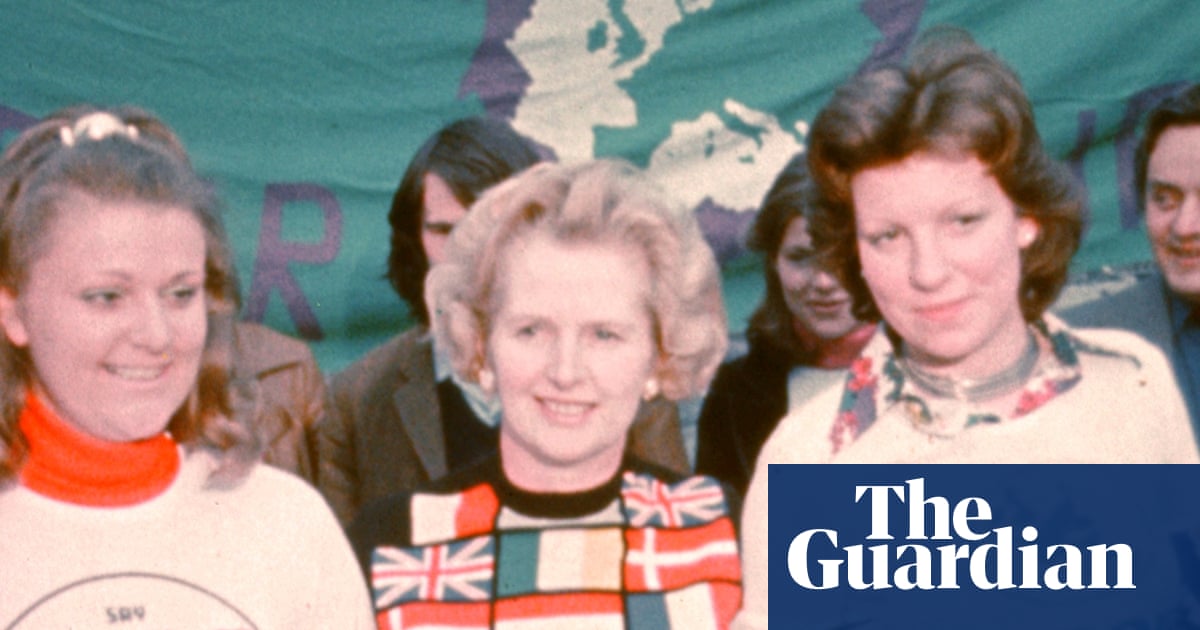
"In Between the Waves, New Statesman editor Tom McTague makes an ambitious attempt to answer that question by zooming out and putting Brexit in its broader historical context. The result is a great big entertaining sweep of a book, tracing the roots of Britain's ambiguous relationship with its neighbours back to the end of the second world war, and will be joyfully inhaled by any reader who loves the kind of podcasts that invariably feature two men talking to each other."
"Somewhat more controversially, it reframes the referendum less as an angry backlash from the economically left-behind, and more as the intellectually coherent outcome of a relationship that was always fundamentally unstable. From the beginning, McTague makes clear, Britain's choice was between joining a union whose purpose (of pooling sovereignty, initially to contain a German resurgence) we distrusted, or staying out of something potentially powerful enough to threaten our national interests in the long run."
Britain's ambiguous relationship with its neighbours began after the second world war. Membership was once seen as an antidote to British decline, offering a continent to a nation that had lost an empire, but was later recast as the cause of decline. The referendum reflects the coherent outcome of an unstable relationship rather than only an economic backlash. Britain faced a choice between joining a union that pooled sovereignty to contain a resurgent Germany and staying outside a potentially threatening power. Reluctance to be wholly in or out led governments to downplay the EU's goal of ever-closer integration while exploiting other benefits.
Read at www.theguardian.com
Unable to calculate read time
Collection
[
|
...
]